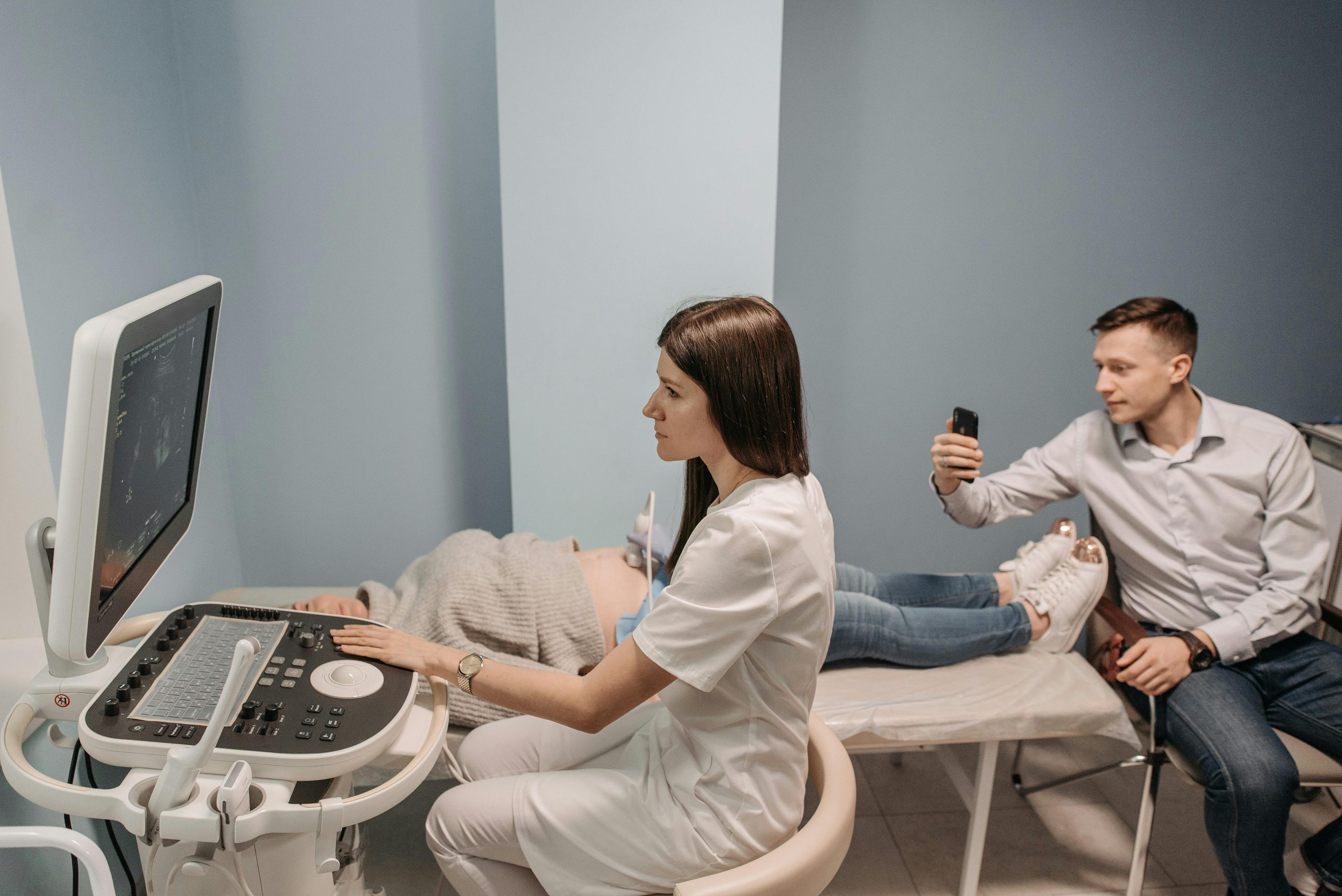Artificial intelligence (AI) is no longer a futuristic concept—it’s here, and it’s reshaping healthcare in unprecedented ways. From improving diagnostic accuracy to personalizing treatment plans and enhancing patient monitoring, AI is revolutionizing every aspect of medical care. As technology advances, the integration of AI in healthcare promises to make systems more efficient, reduce costs, and, most importantly, save lives. This article explores how AI is transforming diagnosis, treatment, and patient monitoring, paving the way for a smarter, more responsive healthcare future.
AI in Medical Diagnosis: Faster, More Accurate Results
One of the most significant impacts of AI in healthcare is its ability to enhance diagnostic accuracy. Traditional diagnostic methods often rely on human interpretation, which can be prone to errors. AI-powered tools, however, analyze vast amounts of data with precision, identifying patterns that may be missed by the human eye.
For example, AI algorithms are now being used in radiology to detect early signs of diseases like cancer, strokes, and heart conditions. Machine learning models trained on thousands of medical images can identify abnormalities faster and with higher accuracy than human radiologists. This not only speeds up diagnosis but also reduces the chances of misdiagnosis.
Additionally, AI-driven diagnostic tools are making healthcare more accessible. In remote or underserved areas, where specialists may be scarce, AI can provide preliminary assessments, ensuring patients receive timely care. As these technologies continue to evolve, we can expect even greater improvements in early disease detection and prevention.
Personalized Treatment Plans with AI
Every patient is unique, and AI is helping healthcare providers tailor treatments to individual needs. By analyzing genetic data, medical history, and lifestyle factors, AI can recommend personalized treatment plans that improve outcomes and minimize side effects.
For instance, in oncology, AI is being used to analyze tumor genetics and predict which treatments will be most effective for specific cancer types. This approach, known as precision medicine, ensures that patients receive therapies that are more likely to work for them, reducing trial-and-error in treatment.
AI is also playing a crucial role in drug development. By simulating how different compounds interact with the human body, AI accelerates the discovery of new medications, cutting down the time and cost associated with traditional research methods. This means faster access to life-saving drugs for patients worldwide.
Enhancing Patient Monitoring with AI
Continuous patient monitoring is critical for managing chronic conditions and preventing complications. AI-powered wearable devices and remote monitoring systems are transforming how healthcare providers track patient health in real time.
Smart wearables equipped with AI can monitor vital signs such as heart rate, blood pressure, and glucose levels, alerting patients and doctors to potential issues before they become emergencies. For example, AI algorithms can detect irregular heartbeats and predict the likelihood of a heart attack, enabling early intervention.
Hospitals are also using AI to monitor patients in intensive care units (ICUs). By analyzing data from multiple sensors, AI can predict deteriorations in a patient’s condition, allowing medical staff to act proactively. This not only improves patient outcomes but also reduces the burden on healthcare professionals.
Challenges and Ethical Considerations
While the benefits of AI in healthcare are immense, there are challenges that must be addressed. Data privacy is a major concern, as AI systems rely on vast amounts of sensitive patient information. Ensuring robust cybersecurity measures and compliance with regulations like HIPAA is essential to protect patient data.
Another challenge is the potential for bias in AI algorithms. If the data used to train these systems is not diverse, AI may produce skewed results, leading to disparities in care. Developers must prioritize fairness and inclusivity when designing AI tools to ensure equitable healthcare for all.
Finally, the integration of AI into healthcare workflows requires significant investment in infrastructure and training. Healthcare professionals must be equipped with the skills to use AI tools effectively, and institutions must be prepared to adapt to these technological advancements.
The Future of AI in Healthcare
The potential of AI in healthcare is limitless. As technology continues to advance, we can expect even more groundbreaking applications, such as AI-powered robotic surgeries, virtual health assistants, and predictive analytics for population health management.
Collaboration between tech companies, healthcare providers, and policymakers will be key to unlocking AI’s full potential. By addressing challenges and fostering innovation, we can create a healthcare system that is more efficient, accessible, and patient-centered than ever before.
In conclusion, AI is not just transforming healthcare—it’s revolutionizing it. From improving diagnostics to personalizing treatments and enhancing patient monitoring, AI is setting the stage for a future where healthcare is smarter, faster, and more effective. As we embrace these advancements, the possibilities for better health outcomes are endless.
